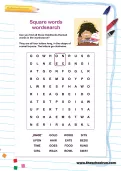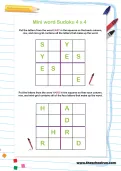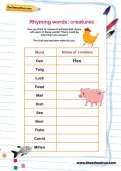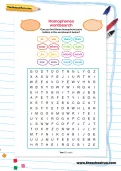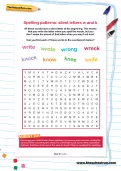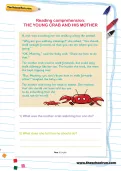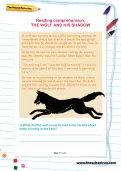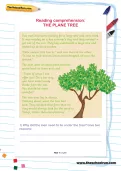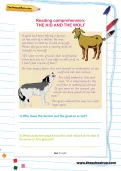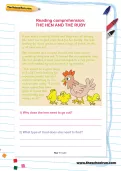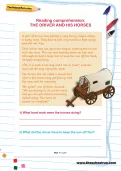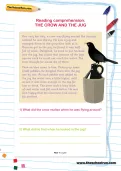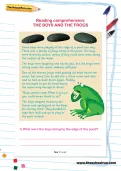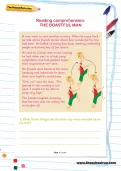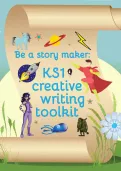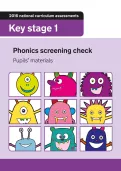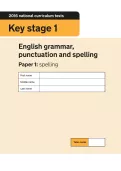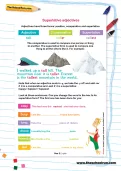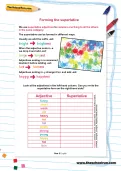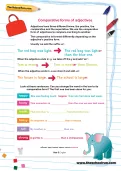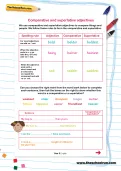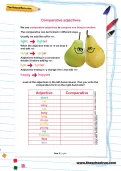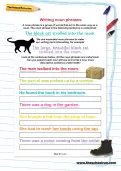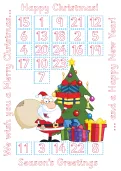Important update from TheSchoolRun
For the past 13 years, TheSchoolRun has been run by a small team of mums working from home, dedicated to providing quality educational resources to primary school parents. Unfortunately, rising supplier costs and falling revenue have made it impossible for us to continue operating, and we’ve had to make the difficult decision to close. The good news: We’ve arranged for another educational provider to take over many of our resources. These will be hosted on a new portal, where the content will be updated and expanded to support your child’s learning.
What this means for subscribers:
- Your subscription is still active, and for now, you can keep using the website as normal — just log in with your usual details to access all our articles and resources*.
- In a few months, all resources will move to the new portal. You’ll continue to have access there until your subscription ends. We’ll send you full details nearer the time.
- As a thank you for your support, we’ll also be sending you 16 primary school eBooks (worth £108.84) to download and keep.
A few changes to be aware of:
- The Learning Journey weekly email has ended, but your child’s plan will still be updated on your dashboard each Monday. Just log in to see the recommended worksheets.
- The 11+ weekly emails have now ended. We sent you all the remaining emails in the series at the end of March — please check your inbox (and spam folder) if you haven’t seen them. You can also follow the full programme here: 11+ Learning Journey.
If you have any questions, please contact us at [email protected]. Thank you for being part of our journey it’s been a privilege to support your family’s learning.
*If you need to reset your password, it will still work as usual. Please check your spam folder if the reset email doesn’t appear in your inbox.
Ks1 English worksheets
Free worksheets: Word puzzles, KS1
You’ll need to login or Register first to access these worksheets for free.
Square words wordsearch
Mini word Sudoku 4 x 4
Rhyming words: creatures word puzzle
Homophones wordsearch
Spelling patterns: silent letters w and k
Reading comprehension: THE YOUNG CRAB AND HIS MOTHER
Reading comprehension: THE WOLF AND HIS SHADOW
Reading comprehension: THE PLANE TREE
Reading comprehension: THE KID AND THE WOLF
Reading comprehension: THE HEN AND THE RUBY
Reading comprehension: THE DRIVER AND HIS HORSES
Reading comprehension: THE CROW AND THE JUG
Reading comprehension: THE BOYS AND THE FROGS
Reading comprehension: THE BOASTFUL MAN
Reading comprehension: A TRIP TO THE MARKET
KS1 creative writing toolkit
Year 1 Phonics screening check 2016
Key Stage 1 - 2016 English SATs Papers
Superlative adjectives
Forming the superlative
Comparative forms of adjectives
Comparative and superlative adjectives
Comparative adjectives
Writing noun phrases
descriptive sentence underneath?
